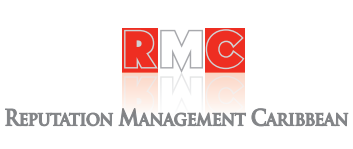Crisis Communications – ‘Be Prepared’
The first thing most people do in a crisis is…nothing.
Journalists call when they get a tip – they don’t wait until your crisis team is assembled. It is in those critical moments that the first story takes shape. You need to plan; you must be prepared. You need to make that move.
Do you have a checklist? Does it include:
- Audiences trust people they like. Who is your spokesperson?
- Pictures always trump words. What’s your picture?
- Ask yourself: What does your brand stand for? How will you protect it?
When you’re under attack, the first instinct is to defend. Under pressure, it’s often easy to forget the most important point of view – your customer’s. What does the consumer think about the “no comment” she reads in her morning newspaper? Will the spokesman in a dark suit and red tie reassure her? Do people who plunk down money for what you sell want to hear from a “legal mouthpiece”?
You know you are fighting a losing battle when you are explaining your position in an issue ignited by your adversary. It is better to reframe the debate, get your position out front. Tell a passionate story.
Lastly, the messenger is more important than the message. What people see is far more important than what they hear. Select and train the right messengers who embody trust verbally and physically. Combine our Crisis Communications Training with Media Training.
You have a choice – control at the start, or chaos at the end. You can’t afford to let circumstance dictate which it will be.
Our more popular Services include:
- Developing Crisis Communications Plans and Checklist
- Provide solid advice and counsel in the preparation of a crisis
- Helping organisations prepare and walk with them through the media firestorm
- Helping organisations perform damage control
